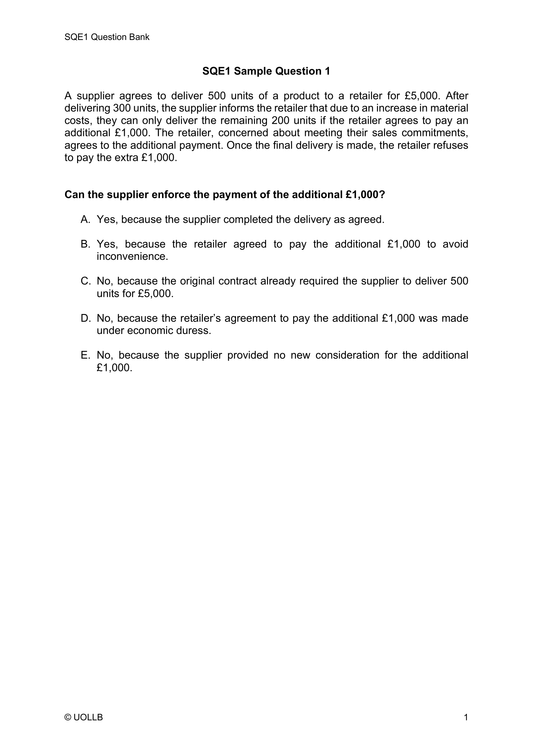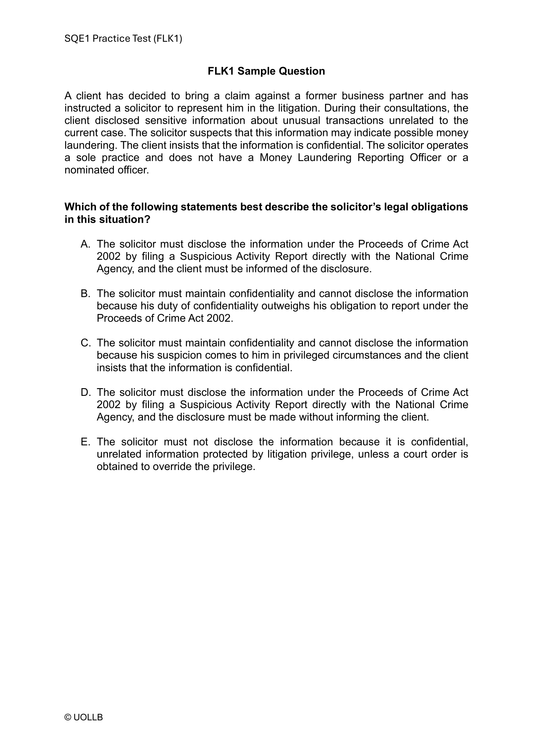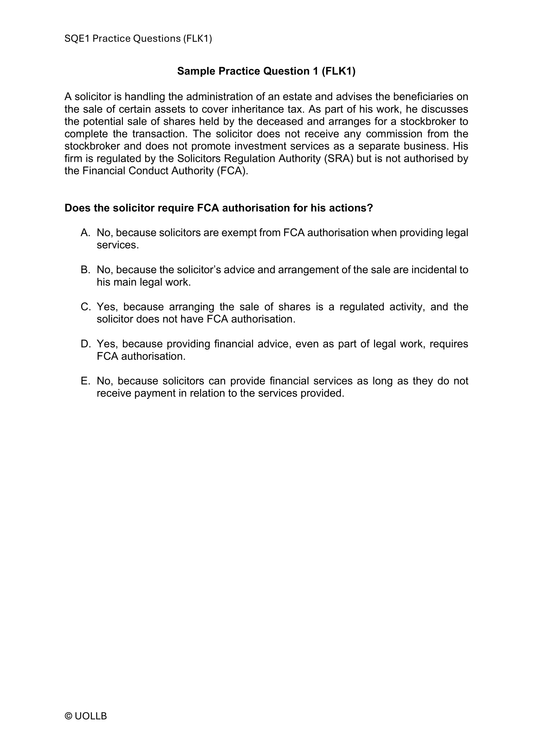Law Reform (Frustrated Contracts) Act 1943
Share
The Law Reform (Frustrated Contracts) Act 1943 is a significant piece of legislation in the United Kingdom that addresses the rights and liabilities of parties involved in frustrated contracts. Frustration, in the context of English contract law, occurs when a contract becomes impossible to perform or is thwarted in its purpose through no fault of the contracting parties.
Prior to the enactment of this law, common law principles governed the consequences of frustrated contracts. In cases where a contract was frustrated, parties faced challenges in reclaiming pre-payments or deposits, leading to potentially inequitable outcomes. Notably, cases like Chandler v Webster [1904] demonstrated the limitations of the common law position, where pre-payments were often not recoverable unless there was a total failure of consideration.
The need for reform became apparent, and the Law Revision Committee, in its Seventh Interim Report, suggested a more equitable rule for the recovery of pre-payments. The resulting Act aimed to provide a fair and just framework for adjusting the rights and liabilities of parties in frustrated contracts.
Adjustment of Rights and Liabilities (Section 1)
The Act applies to contracts governed by English law that have become impossible to perform or frustrated, leading to a discharge from further performance. Section 1(2) addresses pre-payments and financial obligations due before frustration. It allows for the return of pre-payments in part or in full, based on what the court deems "just" in light of all circumstances. Financial obligations due before frustration are excused, subject to any expenses incurred by the payee, which may be recoverable up to the amount payable before the frustrating event. Section 1(3) covers situations where a party has received a valuable benefit other than a payment of money. In such cases, the benefited party may be required to pay for the benefit if the court deems it just.
Application of the Act (Section 2)
Parties can contract out of the Act under Section 2(3), and if a true construction of the contract indicates this intention, the Act's provisions may not apply. Section 2(4) deals with severing parts of frustrated contracts, stating that the Act applies only to obligations still in performance at the time of frustration. Section 2(5) excludes certain types of contracts from the Act, such as charter contracts (except time charters), carriage of goods by sea contracts, insurance contracts, and those involving Section 7 of the Sale of Goods Act 1979 (regarding the perishing of goods).
The Law Reform (Frustrated Contracts) Act 1943 significantly influenced the legal landscape concerning frustrated contracts in the UK. By introducing a more balanced approach to the recovery of pre-payments and benefits in such situations, the Act aimed to address the shortcomings of common law principles and promote fairness and equity in contractual relationships.





























































